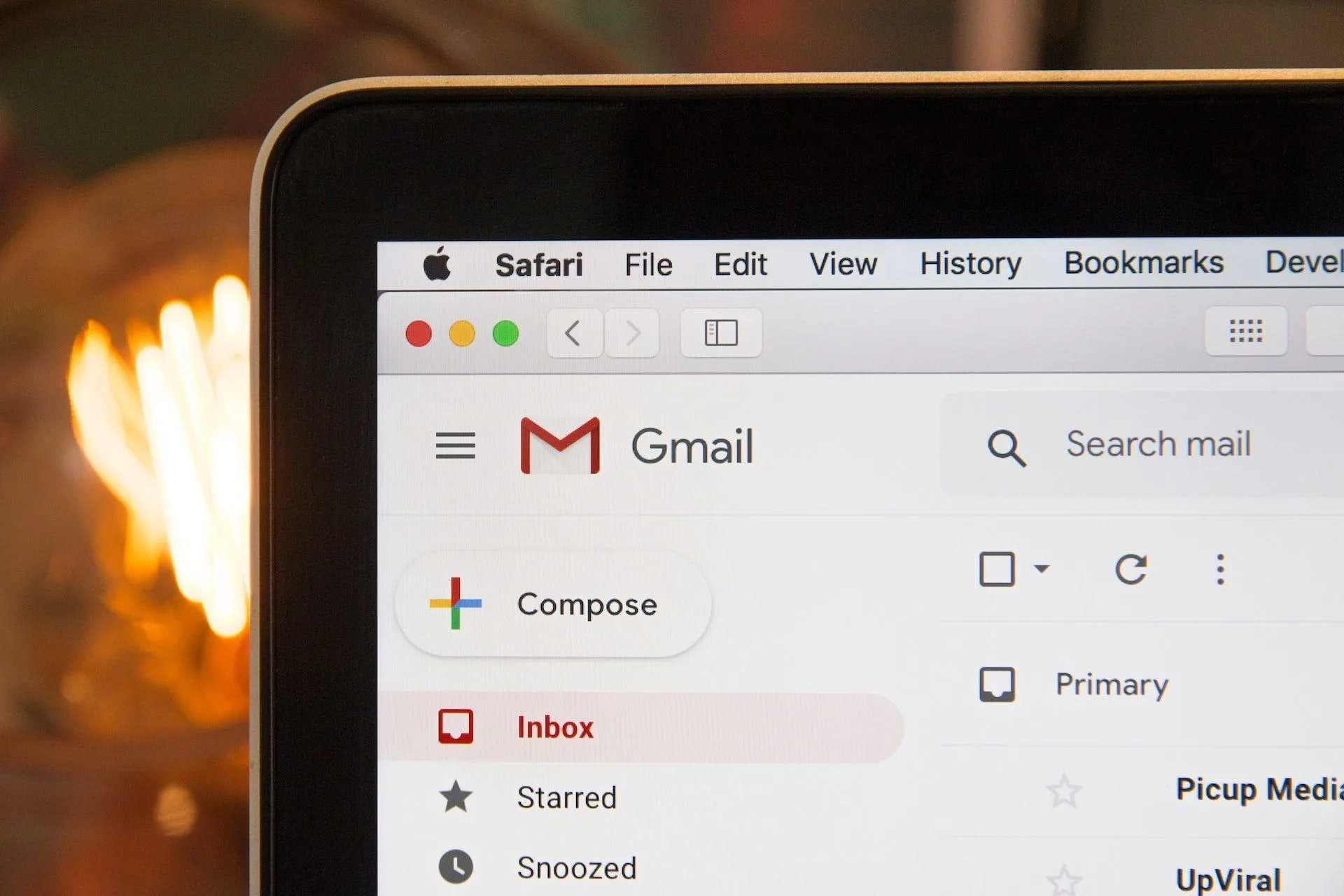Cut back on red meat. Avoid fast fashion. Reduce, reuse, recycle. These are common guiding principles when it comes to fighting against climate change. That said, another planet-saving tidbit that you may have missed is that you should consider auditing your email folders.
The Environmental Impact of Emails
Admittedly, the idea of emails affecting the environment may sound bizarre, however, think about it for a second. Every time we send, receive and store an email, we use energy and electricity. This usage can contribute to our carbon footprint by generating carbon emissions, which we know is never a good thing. According to an article published in Science Focus, globally, the world’s email usage generates as much CO2 as having an extra seven million cars on the roads.
Granted, the emails we’re sending and receiving are likely of paramount importance. However, there’s a folder of emails that we can frankly do without.
Spam Emails and Climate Change

Photo by Brett Jordan on Unsplash
According to statistics, this past year, over 3.4 billion spam emails are currently being sent daily as part of phishing attacks. What’s more, almost half of all the emails sent in 2021 were phishing emails.
According to an article published by The Guardian, annual spam energy use totals 33 billion kilowatt-hours (kWh) worldwide, which is equivalent to the electricity used in 2.4 million homes.
Additionally, spam emails also generate the same amount of greenhouse gas emissions as 3.1 million passenger cars. With that said, it’s clear that filtering out spam emails can help protect the health of the planet.
Clearing out your (spam) inbox
According to a study from French telecommunications company Orange, if everyone deleted 50 of their old emails, this action would be equivalent to turning off 2.7 billion light bulbs for one hour.
Now, we’re not suggesting that you start housing and training ravens so that they can carry your messages. Still, there are ways for you to take a more environmental approach when it comes to your email habits.
For starters, you can delete any unwanted emails and spam. You should also unsubscribe from any unnecessary websites so that you can stay clear of marketing and promotional emails. It would also be advisable to unsubscribe from social media notifications.
Additionally, refrain from sending emails that only contain the word ‘thanks’ and double-check if that extra person really needs to be CC’d on the email you’re composing or if you really need to include that attachment.
Takeaway
We each need to do our part if we want to effectively fight against the climate crisis. While filtering out our emails can help to reduce our carbon footprint, there are plenty of other habits we can adopt if we really want to make a change.

Photo by Solen Feyissa on Unsplash
Additionally, we should also do our part to hold governments, businesses, and corporations accountable when it comes to what they’re doing to address the dire environmental effects of their capitalist-driven actions.
Want to know more?
We’ve heard the arguments about the benefits of four-day work weeks. With climate change being the biggest threat to longevity, a shorter work week could be the sustainable push that the planet needs.



![women [longevity live]](https://longevitylive.com/wp-content/uploads/2020/01/photo-of-women-walking-down-the-street-1116984-100x100.jpg)










